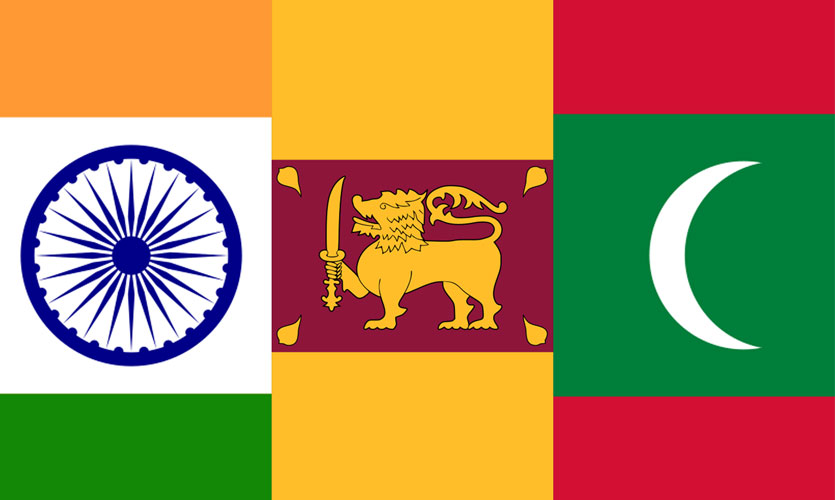During the first day of the fifth NSA-level meeting of the Colombo Security Conclave, the four member countries – India, the Maldives, Mauritius, and Sri Lanka – sorted a five-point road map to address challenges like maritime security, countering terrorism and radicalisation, cyber security and disaster relief. Representatives of the countries agreed on a roadmap to bolster cooperation.
A joint statement released by the four countries mentioned, “The member states agreed upon a roadmap for further cooperation and collaboration on these pillars of cooperation. The roadmap will facilitate robust mechanisms for coordinated responses, capacity building and strengthening information flow between member states.”
Maldives’ Defence Minister Mariya Didi noted that the Russia-Ukraine conflict was a reminder “of the need for closer cooperation among regional partners to avoid conflict and ensure security and stability both inside and outside our borders”.
The four countries, who are maritime neighbours facing similar security challenges, committed to jointly engage in efforts to assure regional peace and security. Indian National Security Adviser Ajit K Doval exhorted heads of the Coast Guards of the four member countries to discuss ways to address key maritime issues like drug trafficking and transformational organised crimes. Suggesting institutionalisation of the Colombo Security Conclave, Doval said that a joint working group of the Coast Guards of the respective countries should be built to tackle the maritime challenges.
NSA Doval said that India is committed towards working with close cooperation with its maritime neighbours for training, supply of equipment, upgrading coastal security installations, and exchange of information for “unitedly” countering threats. Citing MT New Diamond and X-press Pearl ship fires in Sri Lanka that the Indian Coast Guard helped douse, Doval said, “Our national security is deeply intertwined with our collective security aspirations in this region. Our geographical proximity allows us to be first responders for each other in crisis situations. We have worked well together, in tackling narcotics trafficking, organised crimes and mitigating threats posed by (maritime) accidents.”
Read more: PM Modi Chairs UNSC Debate, Voices Need To Address Maritime Insecurity
Mariya Didi mentioned that climate change is also a major change for the country’s national security. “More than 70 percent of all our critical infrastructure, and 50 percent of our population live within less than 100 metres of shoreline. 90 percent of our islands are reporting flooding during severe winters, and 90 percent are experiencing erosion and shoreline degradation. Apart from the obvious social and economic impact, this has security implications as it stretches our security services as well,” she said.
The Colombo Security Conclave, which was formed in 2011 as a trilateral maritime security grouping of India, Sri Lanka and the Maldives, invited Mauritius on board as the fourth member at this year’s conclave. Bangladesh and Seychelles also attended the summit, and were invited to join. Bangladesh’s Defence and Security Adviser Tarique Ahmed Siddique represented the country, while Simon Archange Dine, Chief of Staff of Seychelles (Defence Forces), attended as his counterpart.










